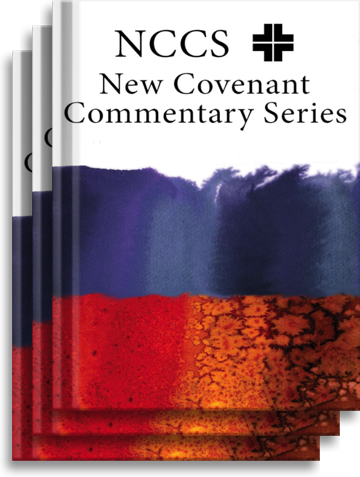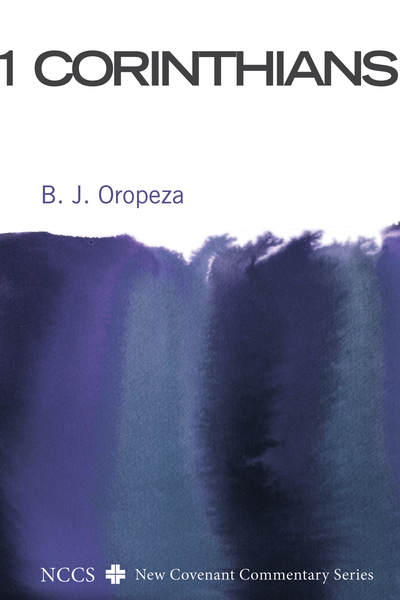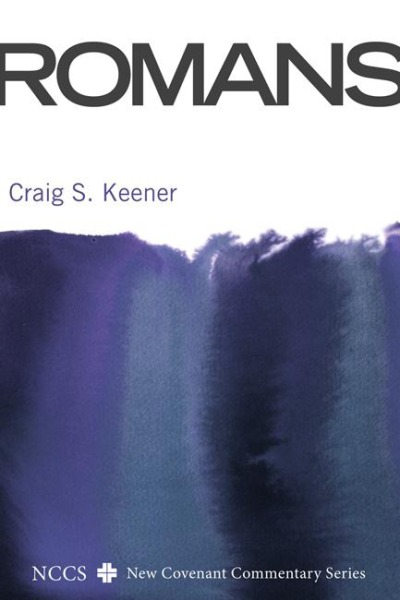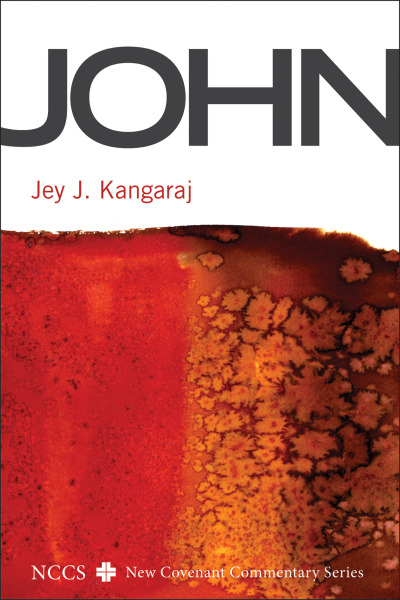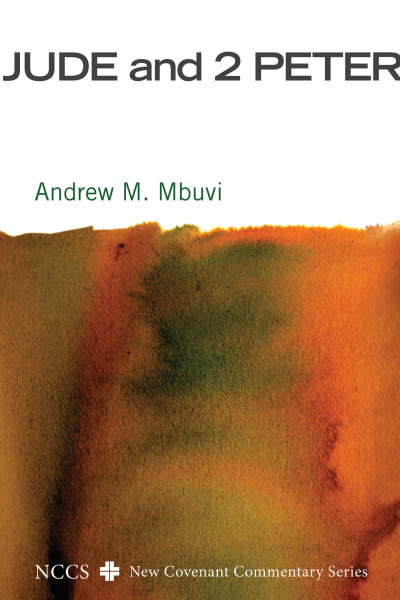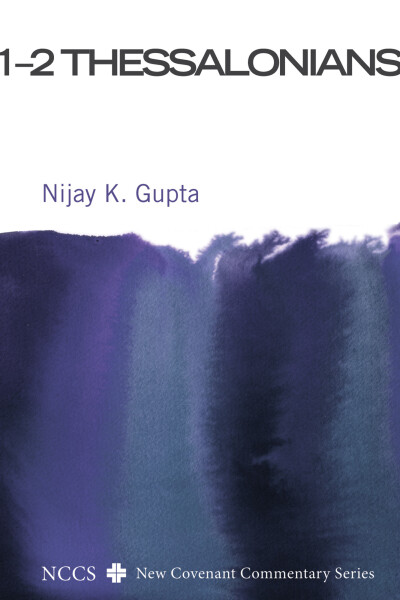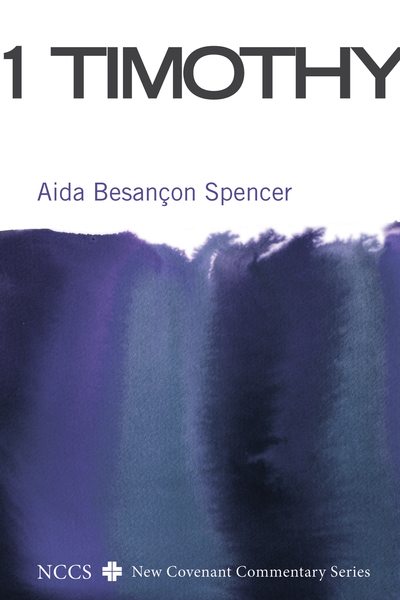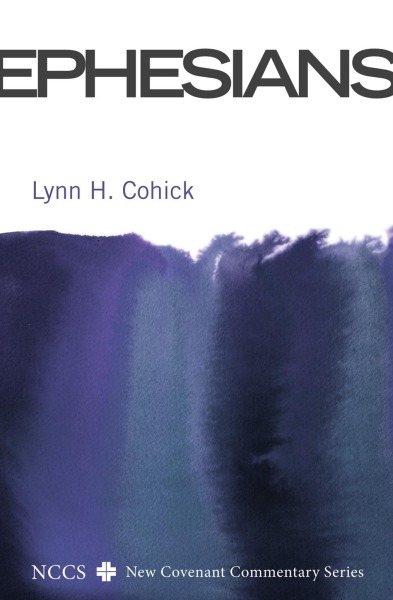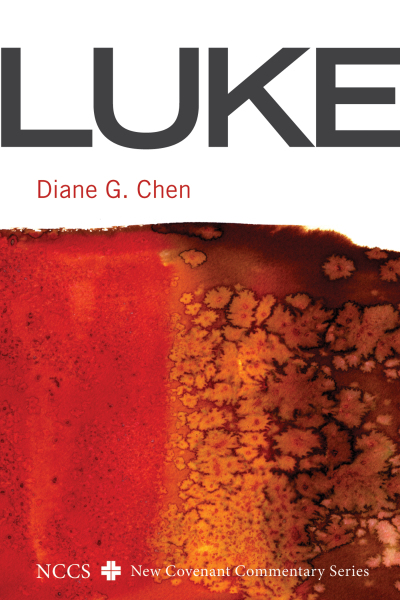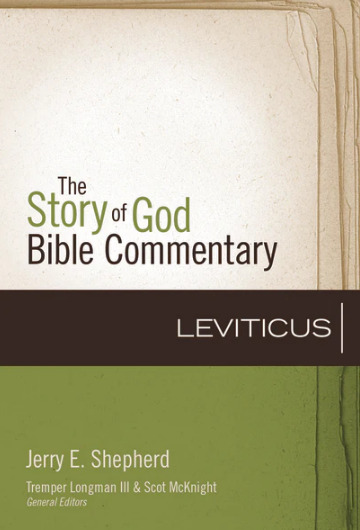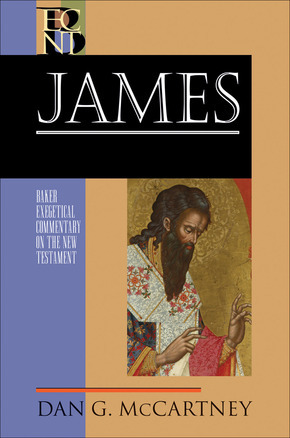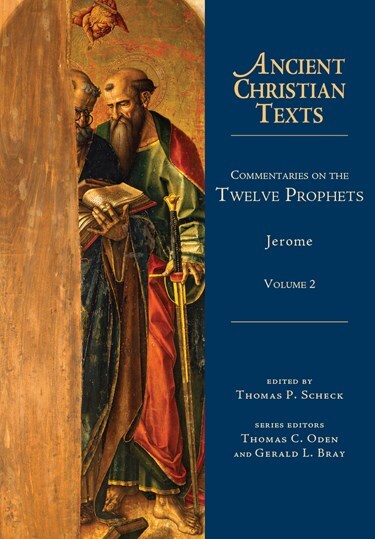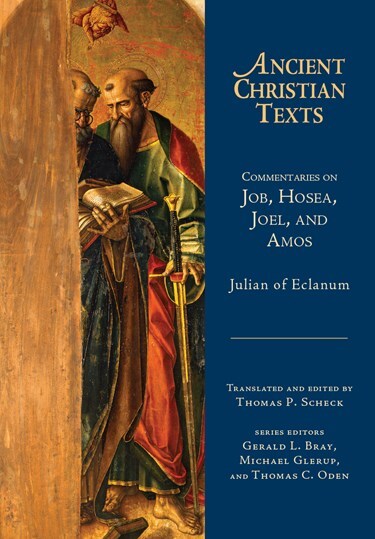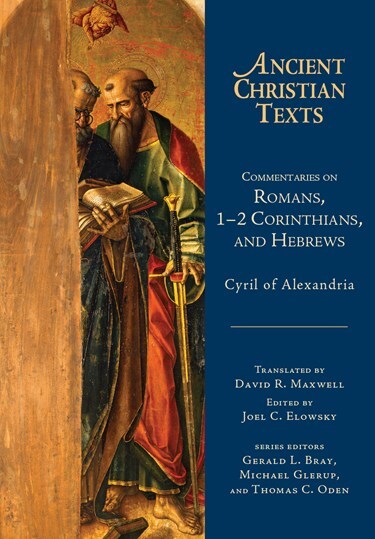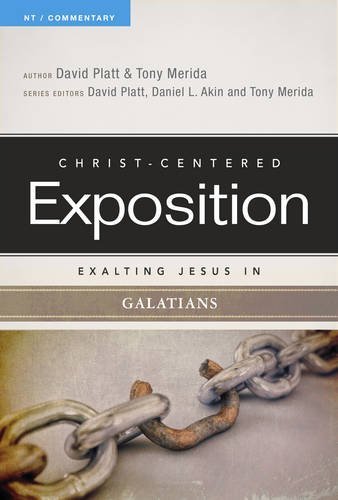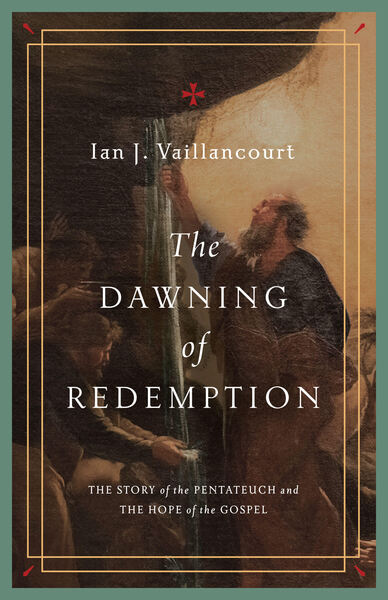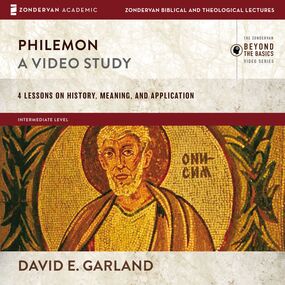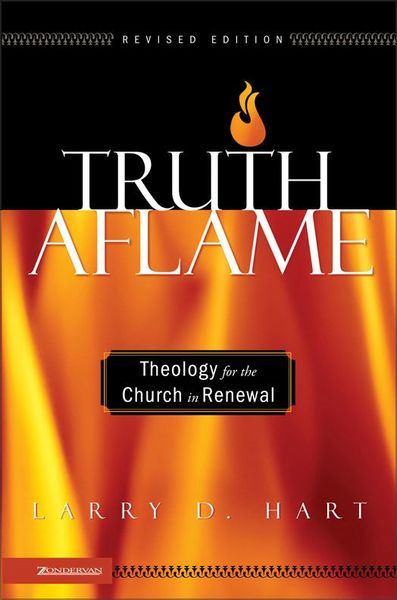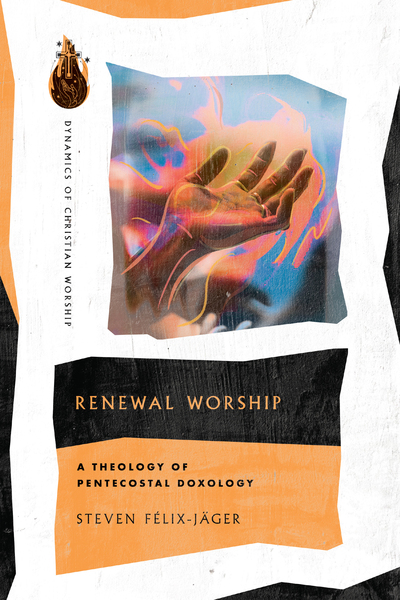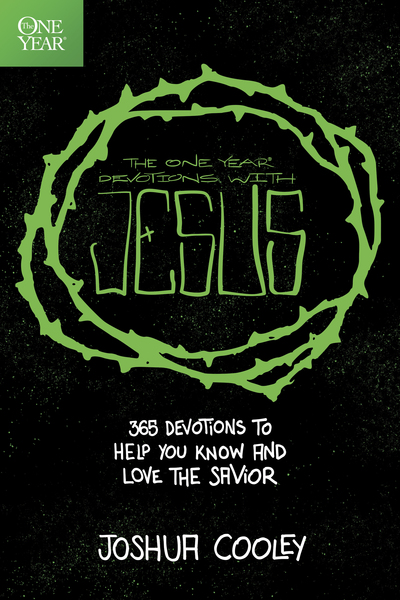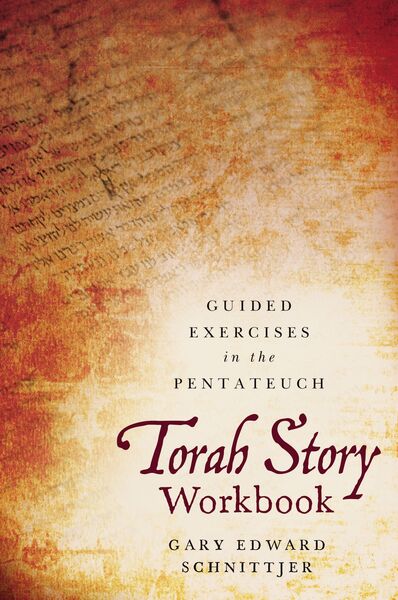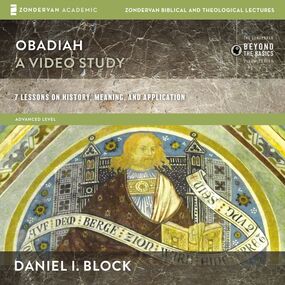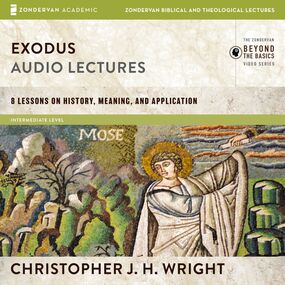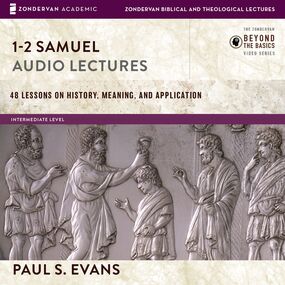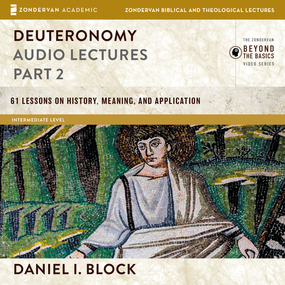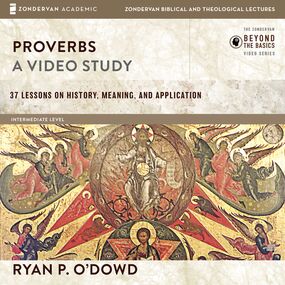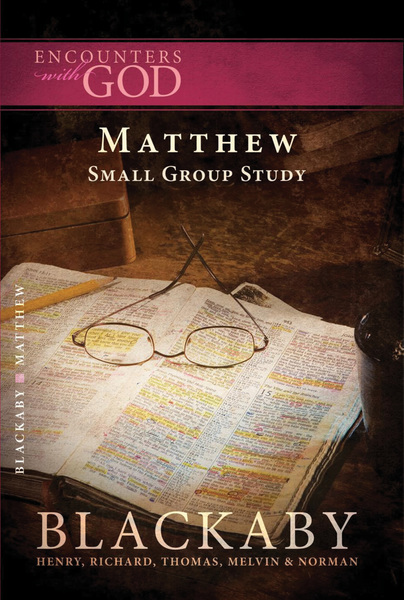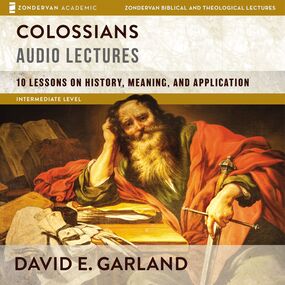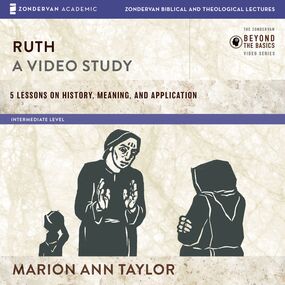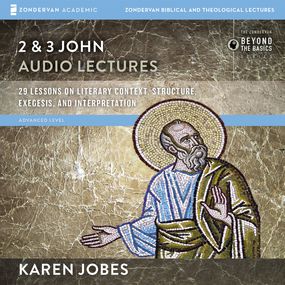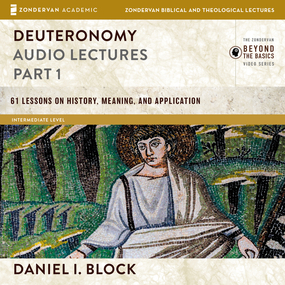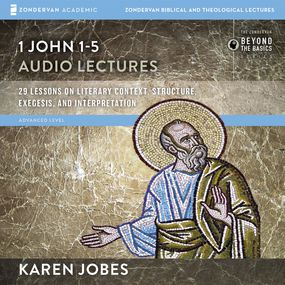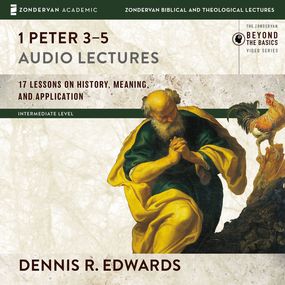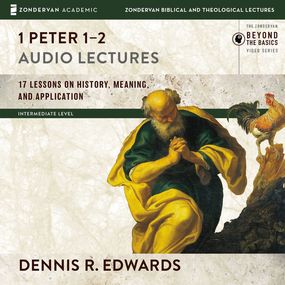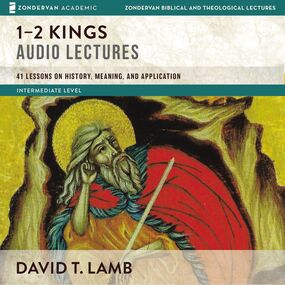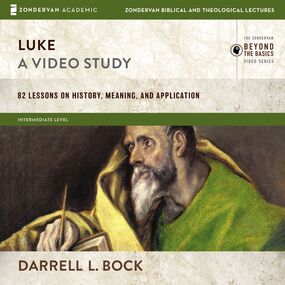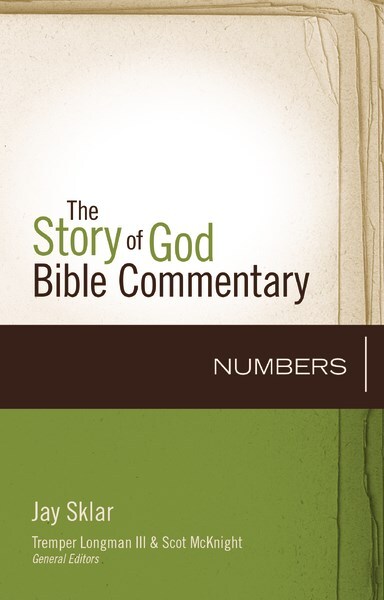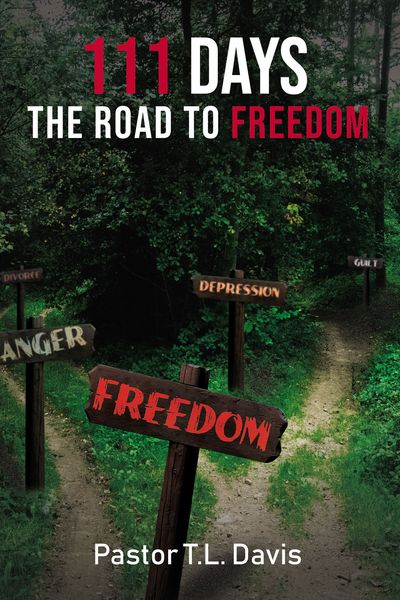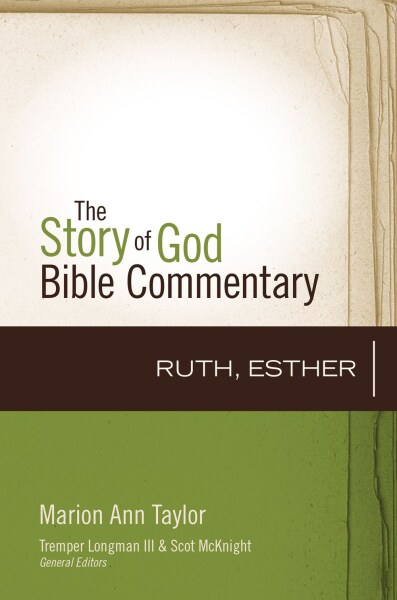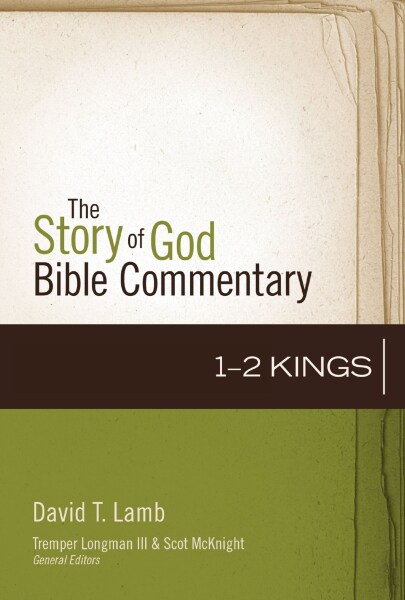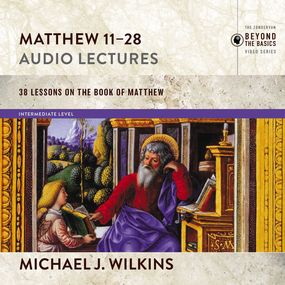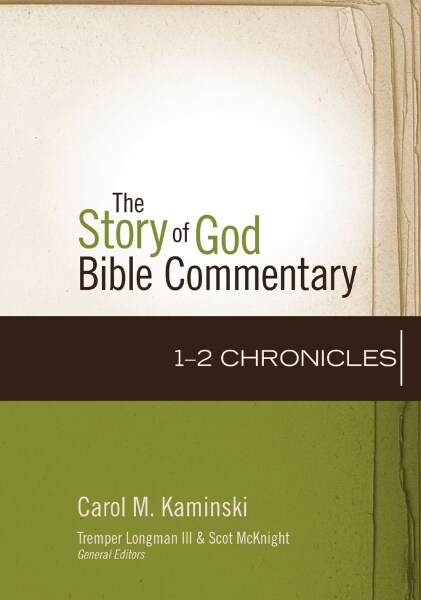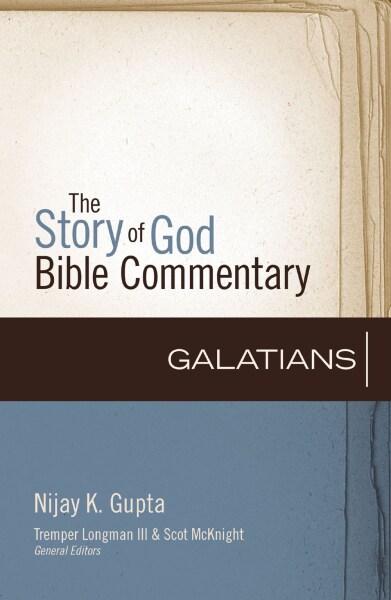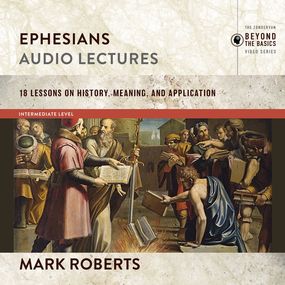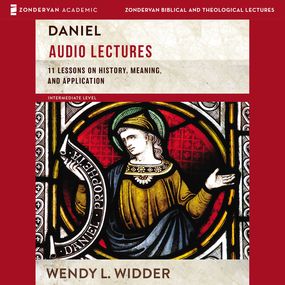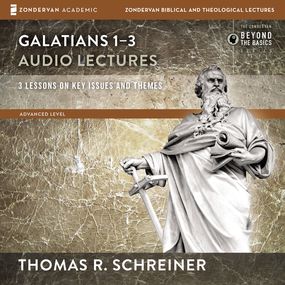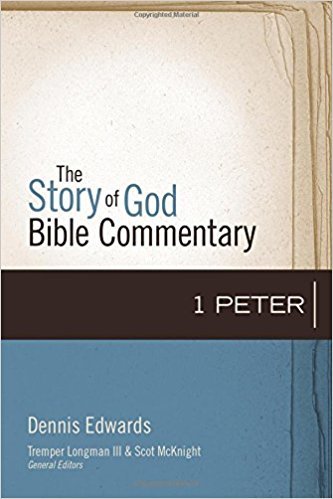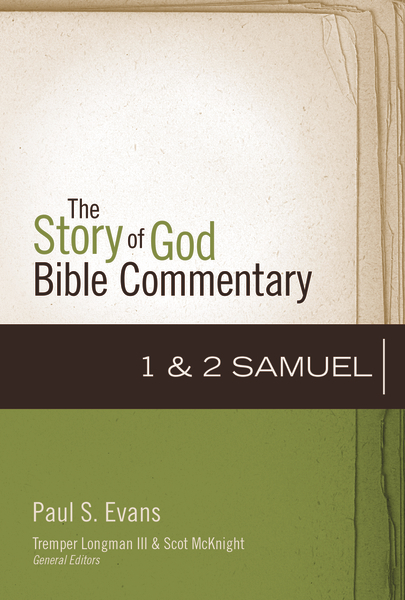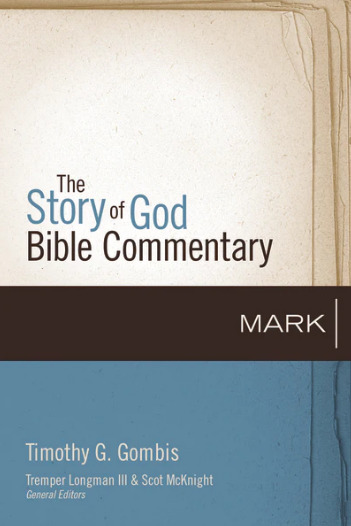


New Covenant Commentary Series: Galatians

New Covenant Commentary Series: Galatians
Jarvis Williams' commentary on Galatians is a commentary of one of Paul's most rhetorically charged and polemically sharp letters. Williams writes a commentary of the letter, not a commentary of commentaries. He grounds the letter in grammatical-historical exegesis, seeking to help readers understand Paul's Greco-Roman and Second Temple Jewish context of the letter. Additionally, the book seeks to move from exegesis to application in a few places in the commentary. The strength of the commentary is that it offers a lucid and concise exegesis grounded in Paul's first century context and applicable for twenty-first century readers.
Praise
“Jarvis Williams has written an outstanding commentary on Galatians. The content is accessible to the ordinary reader, and at the same time Williams is conversant with both the ancient world in which Galatians was birthed and modern discussion of the letter. Readers will profit from his careful exegesis, the understanding of Paul's theology, and the application of the letter to today's reader.” — Tom Schreiner, the Southern Baptist Theological Seminary
“Jarvis Williams' commentary on Galatians is an impressive achievement. As secondary discussions and literature explode, Williams smoothly navigates through the letter's hot spots, allowing Paul's message to be heard afresh by modern readers—and with a manageable length, no small feat. For those seeking an accessible, concise, lucid commentary unraveling Paul's letter, go no further!” — A. Andrew Das, Elmhurst College, Author of Galatians, Concordia Commentary
Jarvis J. Williams is an Associate Professor of New Testament Interpretation at the Southern Baptist Theological Seminary in Louisville, Kentucky. He’s published numerous academic monographs and scholarly articles and essays on Paul’s soteriology (broadly defined) in Romans and Galatians in its Second Temple Jewish context. Williams’s research focuses on soteriology in Second Temple Judaism, the Second Temple context of Paul’s soteriology, and Romans, Galatians, and Ephesians. He’s a member of the Society of Biblical Literature.
